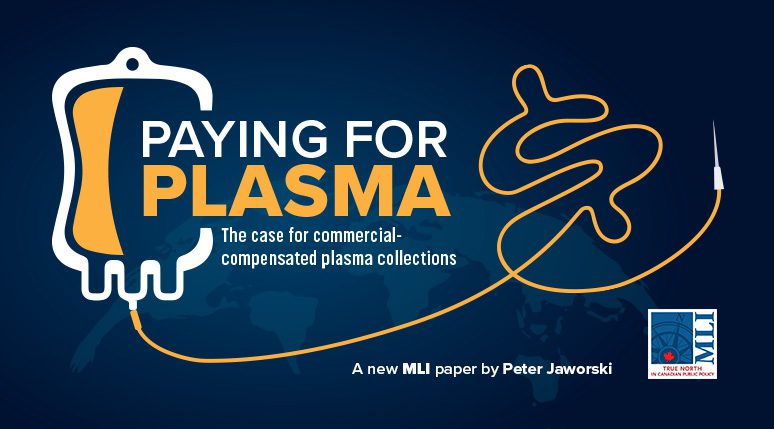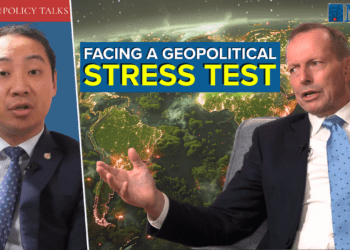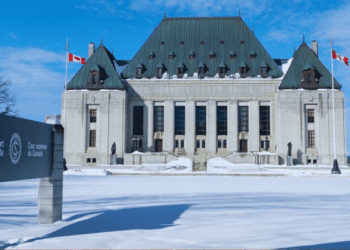By Peter Jaworski
June 13, 2023
Executive Summary
Blood plasma, the straw-coloured part of our blood that is composed of a variety of essential proteins including immunoglobulins, is essential for meeting the medical and therapeutic needs of vulnerable patients. But are we collecting enough plasma to ensure uninterrupted, safe, and sufficient access to those often life-saving therapies? Is the collection model to which Canada currently adheres the most efficient?
To answer that question, this paper compares the main models of plasma collection used around the world and examines the policies that have an impact on these models. One model is a non-commercial model – private or public – that does not compensate donors for their plasma. Another is a commercial model that does compensate donors. A third model, a public-private partnership with donor compensation, has also emerged recently.
Most countries, including the United Kingdom, New Zealand, Australia, and 23 of the 27 EU countries (as well as Canada’s most populous provinces), have adopted policies legally enshrining a single model – a domestic non-commercial model that does not compensate donors for plasma. However, a handful of countries – Germany, Austria, Hungary, the Czech Republic, and the United States – have at least a decade’s worth of experience with policies that permit both models to operate within their borders. The difference in the outcomes of the two approaches is stark.
Every country that permits the commercial model to operate within its borders has surplus plasma. Yet every country that prohibits the commercial model or donor compensation has plasma collection deficits which have only grown over the past decade. There are no exceptions.
Germany, Austria, Hungary, the Czech Republic, and the United States provide close to 90 percent of the plasma used to manufacture therapies to meet the global needs of patients. The United States alone is home to more than 80 percent of the world’s plasma collection centres and provides more than 70 percent of the plasma for the world’s plasma therapies. All other countries combined – including Canada, Australia, New Zealand, the UK, many EU members, and others – manage to collect only enough plasma to meet 10 percent of the global need.
The figures represent an unacceptable imbalance in the global supply chain for plasma protein therapies. While the US could plausibly provide enough plasma to meet the growing global demand for therapies, both a precautionary approach and possible political and legal uncertainties recommend a greater regional balance in collections.
To secure plasma, most countries look first to their own non-compensated donors. But apart from this method simply not producing the volumes needed, it is expensive to operate a non-commercial, non-compensated plasma collection system. Compared with the commercial alternative, non-compensated plasma collections typically cost between two to four times more, according to a 2018 Health Canada expert panel.
To collect enough plasma to meet the needs of Canadian patients in 2019 would have cost provincial governments $1.7 billion in collection costs alone. Meanwhile, buying its plasma protein products from external sources where the donors are compensated cost Canada $656 million between 2018 and 2019.
The question is obvious: why hasn’t Canada opted to permit domestic collections of commercial compensated plasma? Governments worry that compensated plasma collections may adversely affect the collection of non-commercial, non-compensated whole blood. But studies have shown no apparent negative relationship between compensated plasma collections and non-compensated blood and plasma collections.
Canada, and most other countries, need systems that collect enough plasma to ensure that every patient who needs a plasma therapy has access to it. Our current policies are hypocritical. We don’t permit commercial compensated plasma collections within our borders, but every country relies on them. If it is immoral to pay Canadians for plasma, why is it moral to pay Americans? It is time to steer away from the iceberg and to create a policy framework that permits rather than forbids commercial compensated plasma collections.







